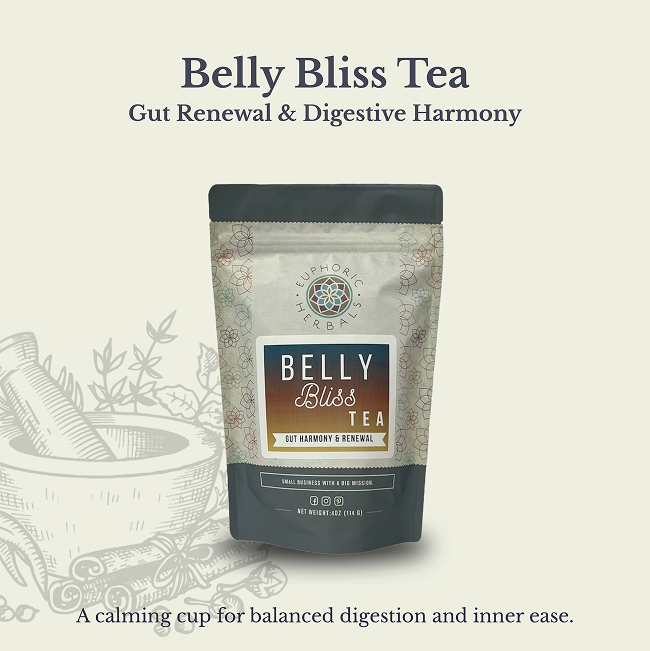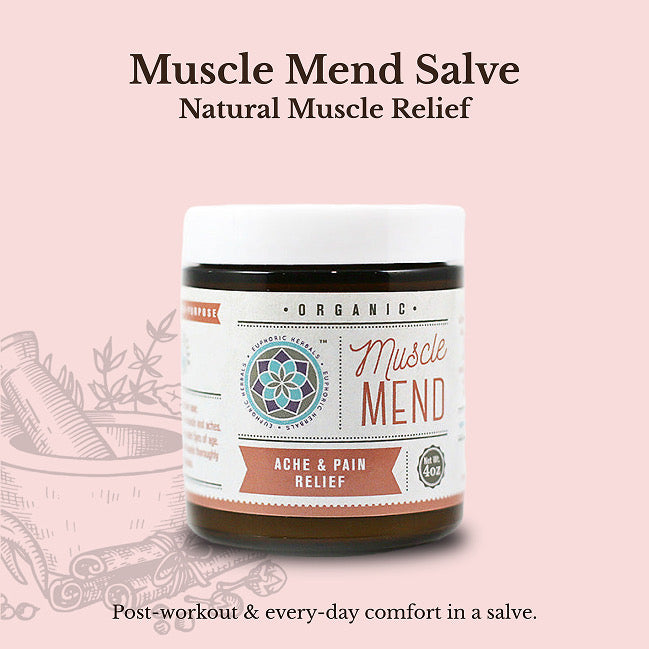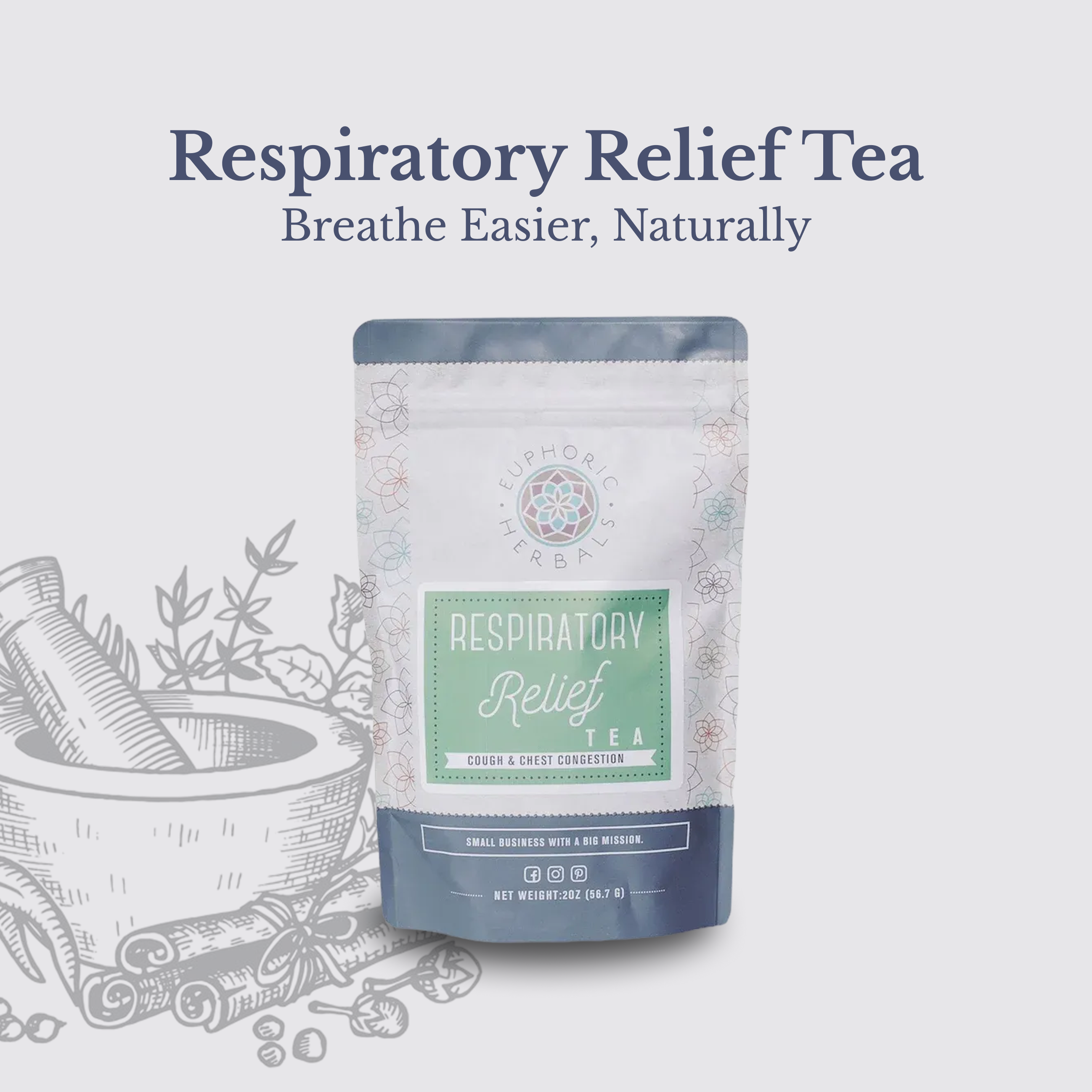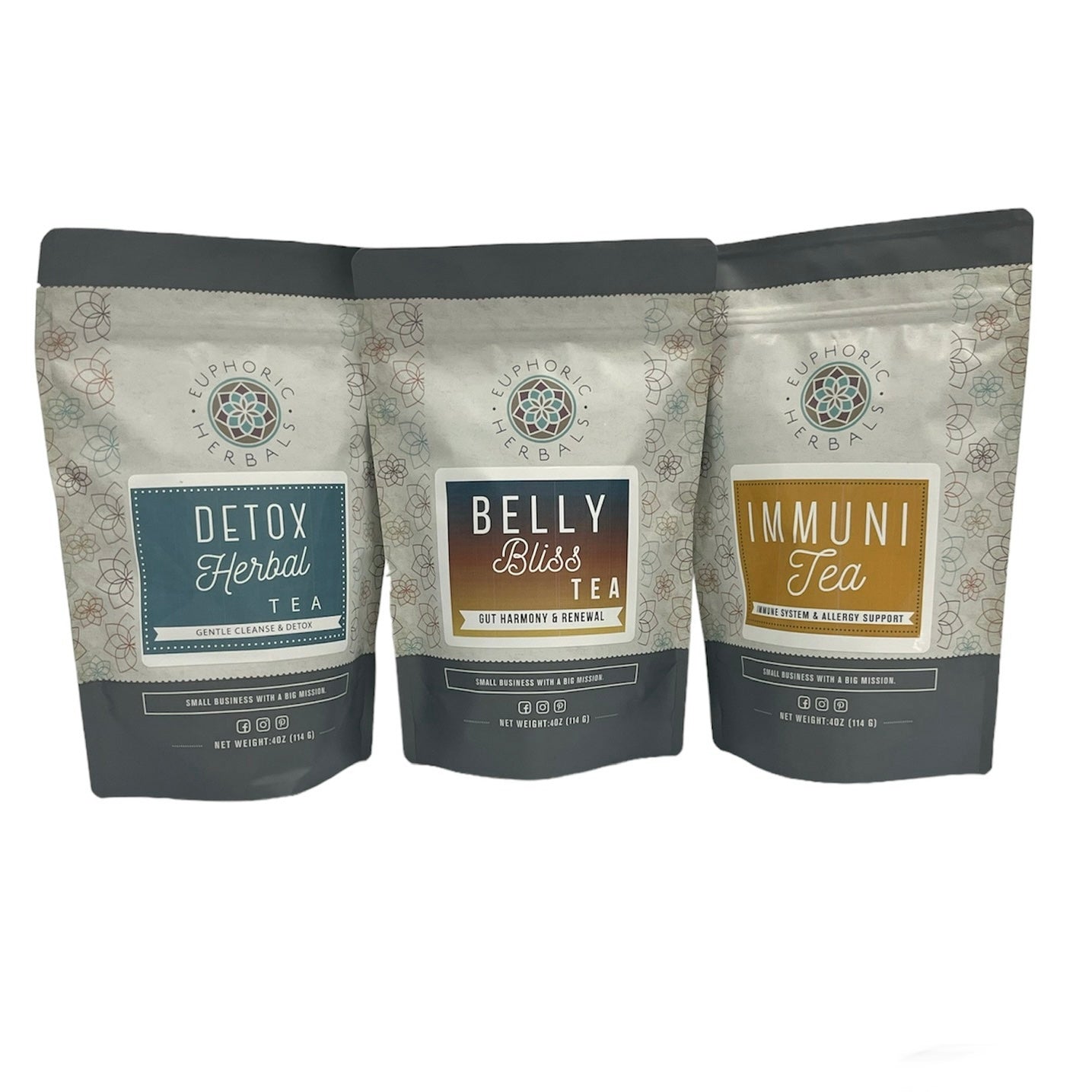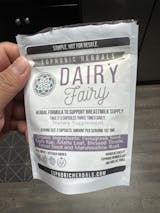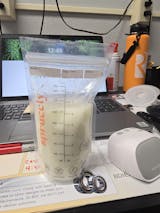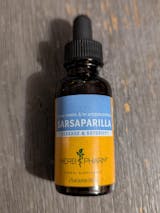You may already be familiar with hops as one of the main ingredients in beer production. It adds bitterness to the brew along with herbal notes and contributes natural compounds that help prevent bacteria from growing.
Even though hops still remain most famous as a beer ingredient, they have also been used for other purposes throughout history and are considered a medicinal herb. Particularly if you could use some more calmness in your life, you may want to read more about this often overlooked herb.
Here's what you need to know about the benefits of hops flower and how to use it at home.
All About Hops
Hops (Humulus lupulus) is a perennial vining plant (technically a "bine") that comes from the Cannabaceae family-- the same family that cannabis belongs to. This means that it distantly shares characteristics with hemp and CBD oil.
Because it's a vine, hops can grow very tall, often reaching 23-26 feet in the right conditions! It's also a long-lived plant, frequently lasting for 25-50 years.
If you want to grow hops yourself, you'll need a bit of room and a sturdy support system for the vines. Also, keep in mind that hops grows best between the 35th and 55th parallels due to daylight hours. That doesn't mean it can't be grown outside of this area, but success will be more difficult.
When the plants reach a certain height and the days lengthen, flowering cones will appear. These hops flowers are technically known as strobiles (seed cones) and are the part of the plant used for both beer and health benefits.
Interestingly, hops don't have as much of a published history of use as other herbs, but they were mentioned as early as the first century by Pliny the Elder. They have also appeared in European herbal medicine, Ayurvedic medicine, and Native American medicine.
Top Benefits of Hops Flower
Eases Tension & Nervousness
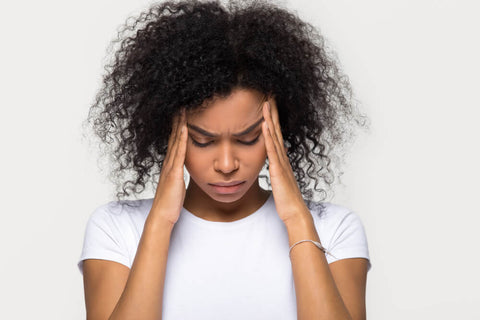
Hops flower has sedative-like properties that give it a relaxing effect when consumed. In herbal terms, hops is considered a nervine, which means it can help ease stress, tension, nervousness, restlessness, and anxious feelings.
A small modern study found confirmation for this, reporting that hops extract had mood-boosting characteristics and helped to relieve mild symptoms of anxiety, depression, and stress over a 4-week period. (1)
You can use hops as a tea or tincture for this purpose, and you can even use it to make an herbal bath tea for a stress-relieving soak.
Naturally Helps with Sleep
Because hops flower can help you relax, it also has the ability to help you sleep better at night. In fact, an old remedy for sleeplessness reportedly used by King George III was a pillow filled with hops (aka a hops pillow).
If you don't want to sleep on hops, tinctures and tea can work just as well. One study even found that non-alcoholic beer made from hops was able to help nurses working rotating or night shifts fall asleep more quickly. (2)
For sleep, hops will often be combined with valerian, which has its own powerful sleep-boosting properties, or with herbs like chamomile and passionflower.
Try it for yourself in these Sleep Blend capsules or this Relaxing Sleep extract.
Aids Digestion
Another of the top benefits of hops flower is its action as a digestive aid. The resins within hops have bitter compounds that give beer its distinctive flavor and also stimulate bile production and digestive enzymes to help your body digest food better.
Most often, hops are made into a digestive bitter formula that is taken before meals to stimulate appetite and get your digestive tract ready for food. Hops tea is another way to get milder digestive benefits.
Has Antimicrobial Properties

One of the reasons hops became a staple in beer production was its antimicrobial properties that helped to slow the growth of bacteria. In this way, it was valued much like a preservative to increase the shelf life of beer before refrigeration and other methods came along.
In fact, this plant was so impressive as far as beer went that a 1516 German purity law dictated that beer could only be made of hops, malt, and water (plus yeast).
Today, these antimicrobial compounds within hops have shown immune-supportive effects, while others have even demonstrated anti-tumor potential. (3)
May Help with Diabetes
Research into hops over the last few decades has discovered the potential for this herb to aid diabetes and other aspects of metabolic health.
More specifically, compounds from hops, including one known as xanthohumol, have shown an ability to help reduce blood sugar levels and insulin resistance and may also improve blood pressure, cholesterol, and obesity. (4)
Obviously, no herb can take the place of a healthy lifestyle, but hops could prove to be part of a holistic approach to diabetes and other metabolic conditions.
May Support Skin & Hair
Historically, one of the more surprising benefits of hops flower was its use as a hair loss remedy. Washing your head/hair with beer was believed to promote hair growth, and hops tea was also recommended as a hair wash to prevent baldness.
Unfortunately, the details on these preparations weren't recorded clearly, nor is there evidence of how well they actually work (but there's no harm in trying a hops wash!).
But given the antimicrobial nature of hops, it's likely that an infusion can help your skin and scalp in a minor way. You can even find (or make) hops soap nowadays!
Does Hops Flower Affect Estrogen?
For years, hops has been believed to have estrogenic properties due to the presence of plant compounds known as phytoestrogens. However, studies on this matter have been inconclusive and none have shown that hops noticeably affects estrogen levels.
An isolated compound from hops, 8-prenylnaringenin, has shown estrogenic properties and a potential to help with menopausal symptoms, but it isn't present in high enough concentrations in the whole plant to have much of an effect. (5)
How to Use Hops Flower

Making hops tea is one of the simplest ways to get the benefits of the flower. To do this, you can simply pour 8-10 ounces of hot water over 4-5 flower cones and steep for about 10 minutes.
Hops can make a very bitter tea, so experiment with your steeping time to get the bitterness where you want it, and consider adding other herbs like chamomile or mint if it's too bitter for you.
You can also take hops as a liquid extract or as a powder in capsules.
To get the power of hops plus other herbs, try something like this Relaxing Sleep extract or this Sleep Tight essential oil blend.
Precautions
Hops flower is a very safe herb to use. Some people are allergic to it, so go slowly when you first try it, but it isn't known to have any other "side effects".
Given the questions surrounding the estrogenic nature of hops, you may wish to consult a qualified herbalist before taking it if you are pregnant or have an estrogen-sensitive cancer.
There is no indication that hops has benefits as an alcoholic beer, so use it in other forms for therapeutic effects.
Getting the Benefits of Hops Flower
Going far beyond beer production, hops has a history of use to relieve stress, promote sleep, aid digestion, and more. It can be taken in many different forms, so try a few to see which one works best for you!
Disclaimer: This post is for informational purposes only. It does not constitute medical advice and should not be substituted for medical advice. Please consult your health care provider, herbalist, midwife, or naturopathic physician before taking herbs, supplements, etc. Here's the link to our full disclaimer.





















































































































































































